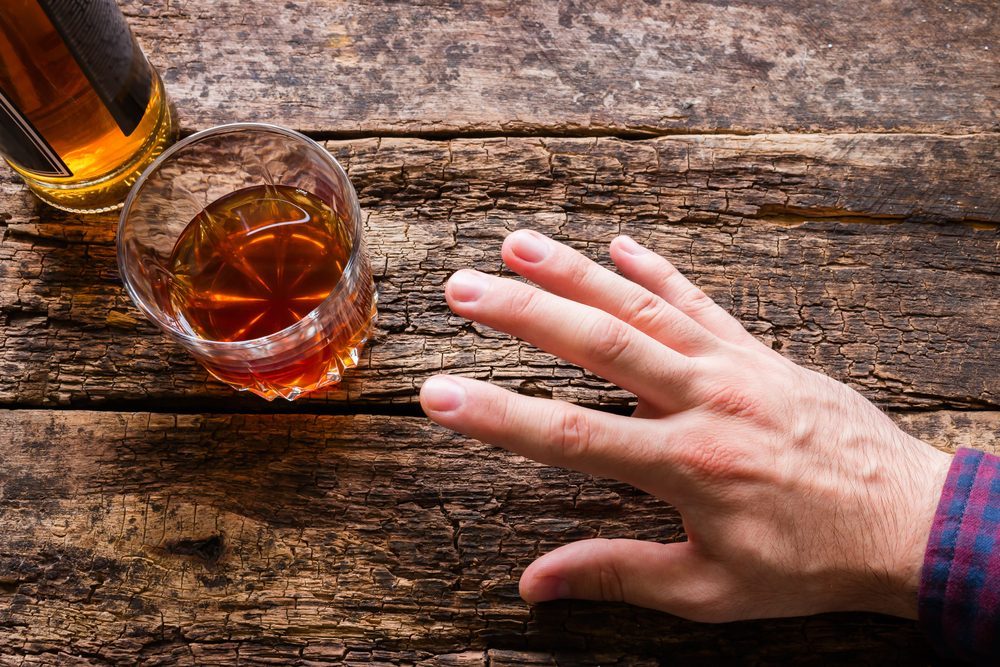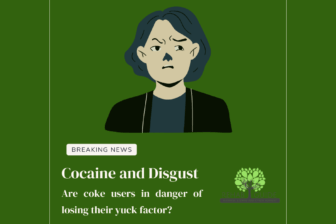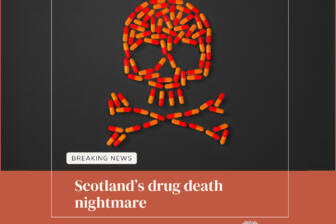Alcohol Poisoning
Alcohol poisoning; the signs, symptoms and treatment
Alcohol poisoning is mainly caused by consuming a large amount of alcohol in a short period of time. Anyone who consumes excessive amounts of alcoholic substances is putting themselves in danger of an overdose. This is especially true of individuals who engage in binge drinking.
Drinking excessively and quickly could cause blackouts or render the person unconscious from intoxication. A person’s breathing could stop suddenly whilst unconscious. Other times, during unconsciousness, a person can vomit and inhale into the lungs, therefore risking a fatality.
Alcohol Poisoning Symptoms
- Confusion
- Loss of Coordination
- Vomiting
- Seizures
- Pale, clammy and bluish-tinged skin
- Low body temperature
- Irregular breathing
These are horrific symptoms, in severe cases, untreated it could lead to:
- Heart attack
- Brain damage
- Seizure disorders
- Coma
- Death
Alcohol poisoning can be a strong sign that someone is consuming to excess. Even after the initial toxic symptoms have been treated, they are still at risk of serious health problems. Alcohol in large doses can lead to long-term brain damage or seizures. Alcohol poisoning could put your loved one into a coma, or worse, mortality from self-inflicted poisoning.

What Are the Causes of Alcohol Poisoning Symptoms?
Alcohol is recognised as a toxin by the body. Therefore, the body works hard at eliminating the poison. The body is remarkably efficient at filtering toxins from the bloodstream. It is, however, slower at it than one would expect. It can metabolise or remove one and a half teaspoons of alcohol from the bloodstream in an hour. That means it can take almost a day to metabolise a night of heavy drinking. As blood alcohol concentration (BAC) increases, so do the effects of intoxication—as well as the risk of harm. Alcohol poisoning occurs when you consume more of the toxin or poison than the body can process. It is an ethanol overdose.
Alcohol poisoning can also happen if somebody deliberately or inadvertently swallows Isopropyl alcohol which is most commonly sold as rubbing alcohol. Ethanol can also be found in antifreeze, glass cleaners, de-icers, household products such as disinfectants, and mouthwash, to name a few. As this can be both deliberate and accidental, it is wise to keep toxic alcohol-based products well out of reach of young children.
Who is at risk?
Alcohol poisoning has some mitigating factors when it comes to what helps or hinders it from developing. A person’s weight can determine alcohol poisoning. The more overweight a person is, then the body will be slower in absorbing the toxin, meaning more alcohol is needed before intoxication is experienced. Tolerance levels play a part also. With regular consumption, tolerance builds up, therefore more is needed than the average person to feel the effects of drunkenness. Overall health and wellness play a final factor. People with liver disease, for example, will be more susceptible to alcohol poisoning.
Other people at risk are students and adolescents who are sometimes involved in drinking games or circumstance where there is pressure to get drunk. For some, it may be a challenge or a contest, like passing fraternity initiation. Others it could just be a stress relief of being on their own for the first time and struggling to keep up.
Middle-aged individuals, especially men, may also be most affected by alcohol poisoning. While many elements can add to the risk of alcohol abuse, people who begin drinking in their youthful years are more prone to suffer from alcoholism later in their lives. Other impacts such as stress and depression can also lead to dependence and even poisoning.
Alcohol poisoning indeed puts a person’s health and life at risk. If you see a person that could be experiencing symptoms, get medical help right away. This could be a matter of life and death.
How to Help Someone with Alcohol Poisoning
There is no easy cure for a person who has alcohol poisoning. If you are with someone and they are showing symptoms, the best course of action is to seek medical help immediately. Do not wait.
Acute alcohol poisoning is extremely dangerous. If the person is unconscious, seek help immediately, and keep checking to make sure they are still breathing until help arrives. There are some things that you can do to help make a person suffering from ethanol intoxication to be safer and lower their risk of having a tragic outcome.
First, do not leave them alone. Also, keep them awake. Help them to stay upright as much as possible. If that cannot happen, let them lay on their side with their head laying on the ground, so if they do vomit, it does not get caught in their throat. Choking on vomit and inadvertently inhaling vomit into your lungs can be a dangerous or fatal obstruction of breathing and can cause asphyxiation.
If they are able, keep them hydrated. Give them water as much as they can tolerate. Do not make them walk around; this only increases the risks of an accident and has no true value in helping them process the alcohol. Do not attempt to give the person any food as it may cause them to choke due to the lack of gag reflex or inability to swallow.
How to Treat Alcohol Poisoning?
Although many people still think caffeine, like giving them coffee or having a cold shower is a way to sober a person up, these are only myths and are not true. Really the best way you can help a friend or loved one is to get them to a hospital as soon as possible.
When they do reach a hospital, the medical team will monitor them carefully, giving them vitamins and glucose to boost their blood sugar levels and stop seizures. They may also pump their stomach to remove any remaining toxins.
Seeking Help
If you are drinking about 14 units a week, then don’t consume all your units for the one day. This raises your risk of accidents and injuries. It’s better and healthier to separate your drinking over at least 3 days and to have days with no alcohol. There is a range of tools to see how many units you typically drink in a week, and how you can change your relationship with alcohol and improve your health.
Alcohol poisoning should not be handled casually. It is a serious and dangerous situation with deadly outcomes. You can help your loved one or friend by recognising the warning indications that someone is suffering from drunkenness and seek out critical help. It is Okay to Ask for Help. If you or someone you love has experienced alcohol poisoning it is possible, likely even, that they are in fact struggling with a drinking problem, do not be hesitant to ask. We can answer any questions you may have about the alcohol rehabilitation and treatment process. Call Rehab Guide Now on 02072052845.
Lots More Information
Related Topics
Alcohol Dependence – Definition
Sources
https://count14.scot/#unit-calculator
https://en.wikipedia.org/wiki/Asphyxia
https://www.drinkaware.co.uk/facts/health-effects-of-alcohol/effects-on-the-body/alcohol-poisoning
https://en.wikipedia.org/wiki/Isopropyl_alcohol





